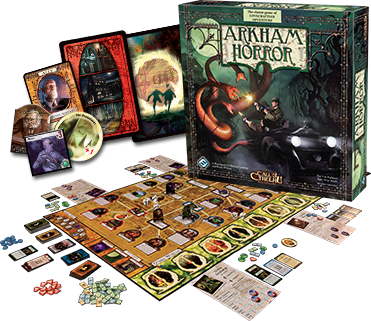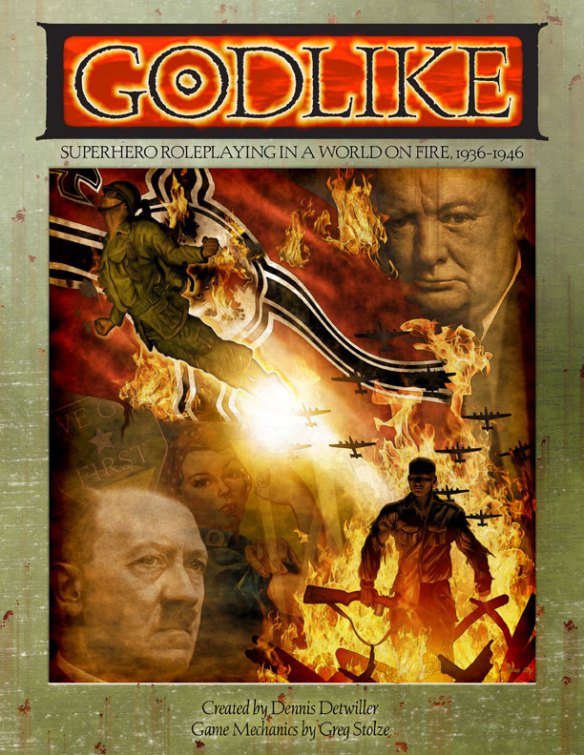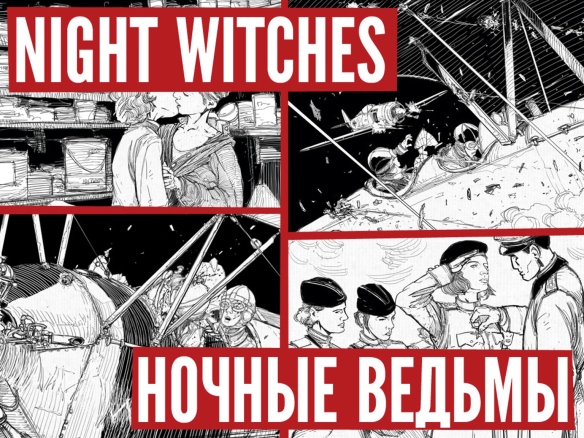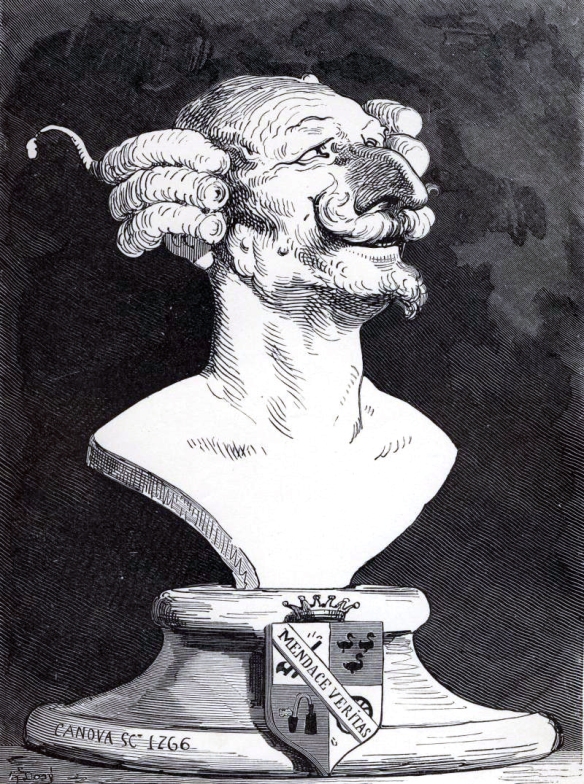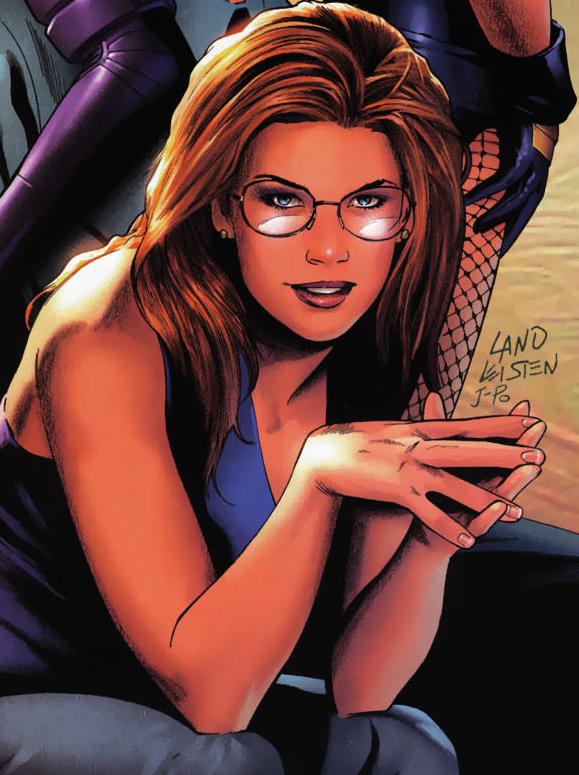Welcome to day 24 of RPGaDay, hosted by BrigadeCon. Today’s question: What is the game you are most likely to give to others as a gift?
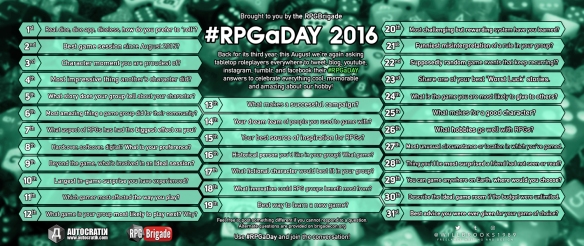
My instinct for giving a game as a gift, especially a rpg, is to fit the game to the person. You have a wide selection of games available. As of today, on RPGGeek, there are 7,488 different rpgs in 73 genres. Thus, finding a game which a friend would enjoy is possible. So you should know the person’s tastes in either books, tv shows, movies, toys, or video games. With such knowledge, you can purchase a good gift.
For my best friend, Christine, she is a fan of Buffy the Vampire Slayer. While she was playing a campaign, Brenda and I bought her a copy of the rpg, Buffy the Vampire Slayer. She enjoys the game and the subject matter.
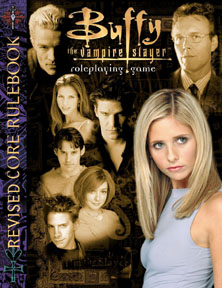
In the past, after playing a game which I only have a pdf copy, I gave my printed copy to another play. I’ve done this with Murderous Ghosts. The game is a great two player game of horror which plays under an hour. I’ve brought it at conventions of game events, played it someone and donated my copy to the other player with information where they can get their own pdf copy.
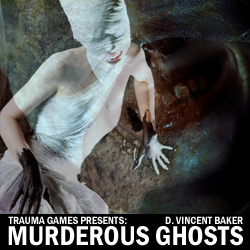
A wonderful game which I wish was still in print so I can give to folks is Do: Pilgrims of the Flying Temple. A great whimsical game by Daniel Solis which you can only get in PDF now. There is a sequel game, Do: Fate of the Flying Temple , which uses the wonderful Fate Accelerated system, which is available in print and pdf. I love the first game for it’s quick play (1-2 hours for a story) and you get to write a story of your adventure as you play.
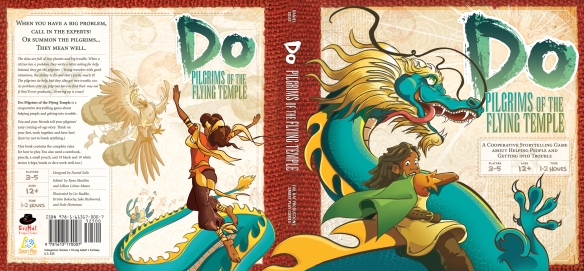
What games would you give as a gift? How would you do it?

